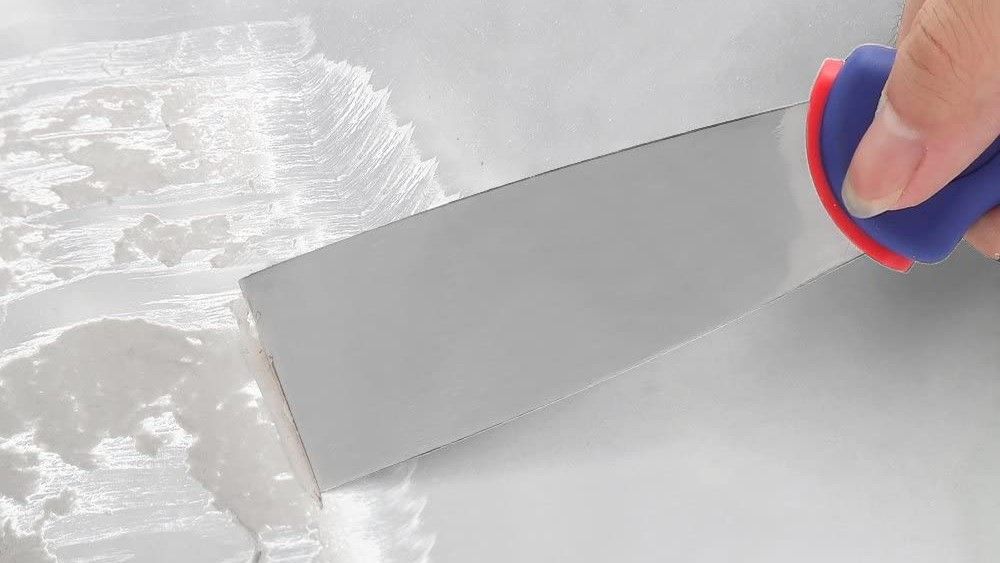

Spackle is used to repair holes, cracks, and gouges in existing walls and surfaces. There are several different types of spackling depending on the type of material you are repairing and the size of the crack. Joint compound is used to mud newly hung drywall for new construction. While it is often referred to as spackle, it is actually different stuff. But we’ve included it here, along with the best traditional spackling compounds, to help you find what you need for your project.
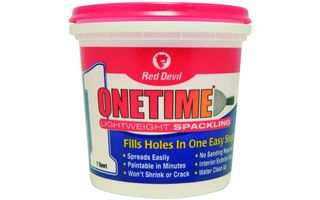
Red Devil Onetime Lightweight Spackling
Reasons to buy
This is the best spackling to use for small cracks, holes, and dings. The premixed compound dries quickly, finishes smooth and doesn’t shrink too much. There isn’t a need to apply additional coats or sand this spackling before painting your repaired surface.
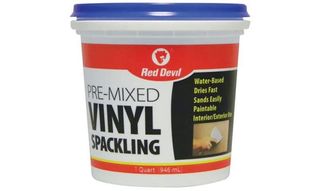
Red Devil Vinyl Spackling
Reasons to buy
Vinyl spackling is best for deep cracks, like nail holes. The Red Devil Spackling is applied in layers that must dry completely in between coats and before sanding. This compound, however, does dry quickly and, because it is water-based, can be painted without discoloring or causing texture issues on your wall. Vinyl spackle doesn’t crack, crumble or dry out and holds up well to vigorous sanding.
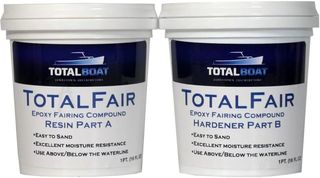
TotalBoat TotalFair Epoxy Spackling
Reasons to buy
This is the best spackling for repairing holes, cracks, and gouges in wood surfaces. It’s oil-based, so it dries much slower than other fillers, and if you use a paint afterward it will need to be oil-based, too. This epoxy spackling comes with two parts that need to be mixed with the proper proportions for it to work correctly. TotalBoat makes each part a different color - blue and yellow - so that it turns green when the proper proportions are used.
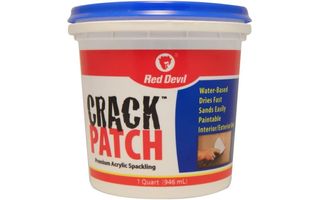
Red Devil Crack Patch Acrylic Spackling
Reasons to buy
This is best spackle for repairing deep and wide cracks. It works on all surface types, including exteriors and textured surfaces like brick, and works with plaster, too. It is very flexible, so it doesn’t shrink much as it dries. It covers well, dries fast, and is both sandable and paintable.
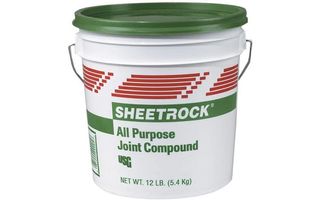
Sheetrock All Purpose Ready-Mix
Reasons to buy
Drywall mud is actually a little different than spackling, but is often referred by the same name. Sheetrock is the best compound for mudding newly hung drywall. It comes premixed and is thick enough you don’t need to tape crevices and seems first. Sheetrock doesn’t shrink too much as it dries, in vinyl-based and typically only needs two coats before being ready to paint.
The quick facts on spackle
The type of spackling you need depends on what you need to repair. For most small holes and cracks, Red Devil Onetime lightweight spackle will be enough. If you need to repair holes in wood, then we recommend using TotalBoat TotalFair epoxy spackling since it is specifically formulated to work on wood surfaces.
Vinyl spackling, like the Red Devil Vinyl spackling, is best for holes that are small yet deep, while the Red Devil acrylic spackle is for deep and wide crackings in both interior and exterior surfaces.
If you’re working on new construction, then you’ll need Sheetrock for mudding drywall seems. While this is a joint compound and not true spackle, many often refer to it as such.
Join our newsletter
Get small space home decor ideas, celeb inspiration, DIY tips and more, straight to your inbox!

Nikki writes for multiple Future Publishing brands covering topics from antivirus to kitchen appliances to SAS. She has over 15 years of research and writing experience, including eight years of testing and reviewing consumer products. Nikki earned bachelor’s degrees in both English and Political Science with a focus on empirical research. In her spare time, Nikki serves as a member of several school councils and volunteers for a local arts board.
-
 M&S lighting does high end style at high street prices. We approve
M&S lighting does high end style at high street prices. We approveThis isn't just lighting... it's M&S lighting
By Emily Shaw Published
-
 The BHS lighting collection is a great comeback from this highstreet legend and we want it all
The BHS lighting collection is a great comeback from this highstreet legend and we want it allLike a phoenix from the ashes BHS is back with an online only store offering great homewares. Here are our top picks from the their stunning lighting sale
By Emily Shaw Published
-
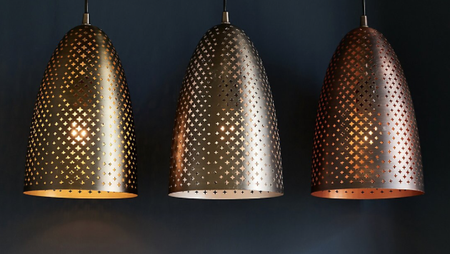 The B&Q lighting sale will certainly brighten up your bank holiday weekend – oh, and your home
The B&Q lighting sale will certainly brighten up your bank holiday weekend – oh, and your homeMake your home cosy with this gorgeous B&Q lighting – it’s affordable, too
By Emily Shaw Published
-
 10 tips for a beautifully styled bar cart (that’s definitely worth throwing a party for)
10 tips for a beautifully styled bar cart (that’s definitely worth throwing a party for)Make sure you are always ready for an impromptu cocktail hour with these tips and tricks
By Hebe Hatton Published